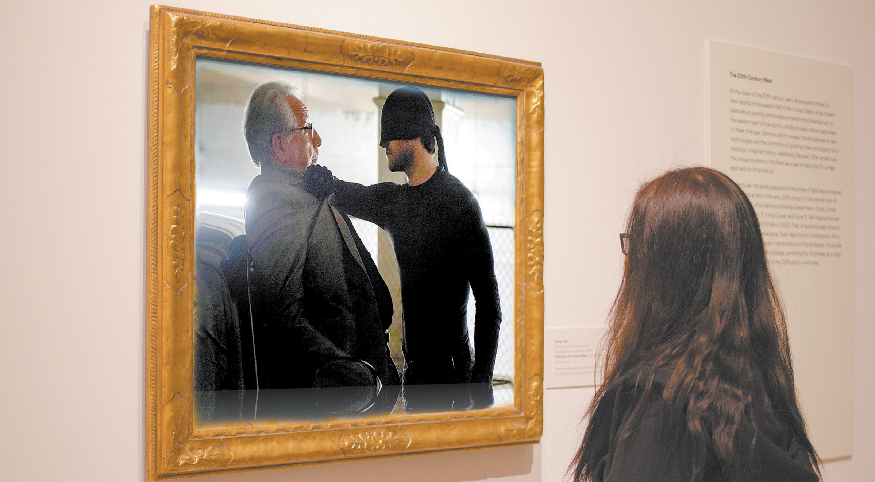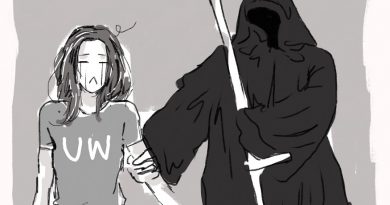Daredevil and Gentrification: A Fan Theory
I enjoy fan theories—you know, those things that people who spend most of their time on Reddit come up with? All Pixar movies take place in the same universe, Loki lost on purpose during the first Avengers film, Breaking Bad is a The Walking Dead prequel, etc. They’re fun.
I think that a lot of that fun comes from reading way too deeply into something you enjoy. Spending too much time on it. Losing yourself in it. Given that two weeks ago I wrote a highly critical article about the giant “W,” I figure I get to write about things I like for at least three.
This is my way of telling you that this article is really just a fan theory about a show I liked. So, uh, mild spoilers ahead.
Theory: Netflix’s Daredevil series is a direct stab at the billionaire superhero trope (Have you heard of Bruce Wayne? Oliver Queen? Tony Stark? Ray Palmer? Etc.)
I binged through Daredevil in a week, and personally loved it. Charlie Cox is great and—no, okay, no; this isn’t a review. Anyway, a friend brought to my attention that Daredevil deals with very similar issues as the show Arrow.
Mainly, each deals with gentrification in struggling neighborhoods. In Daredevil this is Hell’s Kitchen, and in Arrow it is the Glades. Crime breaks out in those neighborhoods and lunatics want to destroy them because of it. Both of these lunatics claim to have a love for the city they want to destroy—a love shared by each show’s respective heroes.
Also, in each of these shows that lunatic is incredibly wealthy. In Arrow, our hero Oliver Queen is also fabulously wealthy. In Daredevil, our hero Matt Murdock, well, isn’t doing so well. Rather than being the heir to a billion-dollar fortune, Matt Murdock is the son of a poor boxer who becomes a lawyer.
But not a fancy lawyer. Not the kind that helps rich bad people stay rich and bad, but the kind that helps those who are down on their luck. There isn’t a ton of money in this, but it is how it has to be—because Matt Murdock refuses to do anything morally questionable.
Legitimately, the guy is adamant about it. Because of that, he is poor. Now, when you take that lens and look at all of the heroes like Batman and the Green Arrow and Iron Man through it, something becomes apparent. Sure, beating up criminals on the street is great, but does it make up for all of the people whose lives are ruined by the existence of their companies?
In the context of American capitalism, the only way corporations like the ones these heroes own can be successful is by standing on somebody’s head. Whatever it is, paying unfair wages, using hazardous material, gentrifying neighborhoods, perhaps—it probably harms a lot of people.
Daredevil’s villain, Wilson Fisk (or the Kingpin, as he will one day be known and I will squeal at when they say it on TV) is a direct critique of that mindset. A very rich man who genuinely believes he is going to save the city by hurting the poor would typically be taken down by another extravagantly wealthy man. Instead he is hunted and, uh, spoiler alert I guess, beaten to a living pulp by a very poor, very blind man.
And this is all without mentioning the fact that the rise in crime in Hell’s Kitchen is very openly blamed on the destruction caused by the Avengers in their first film.
So, to conclude, a group of Gods amongst men (one literally) cause turmoil in the city of New York, and when nobody shows up to clean up the mess a poor, blind lawyer picks up a broom. Daredevil does not pander to the one percent—to say the least.







